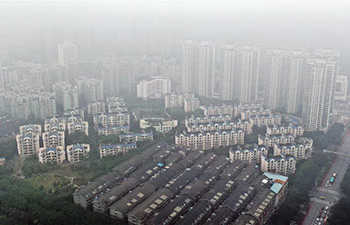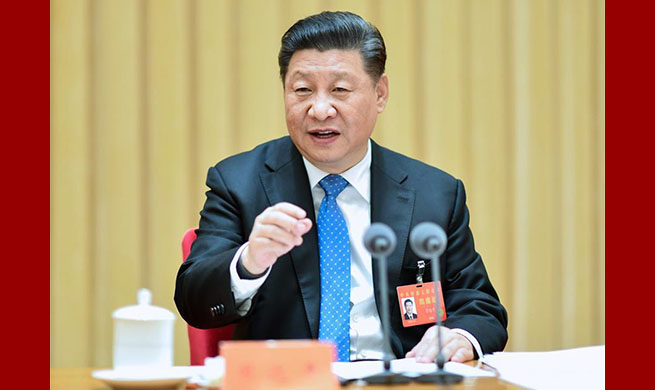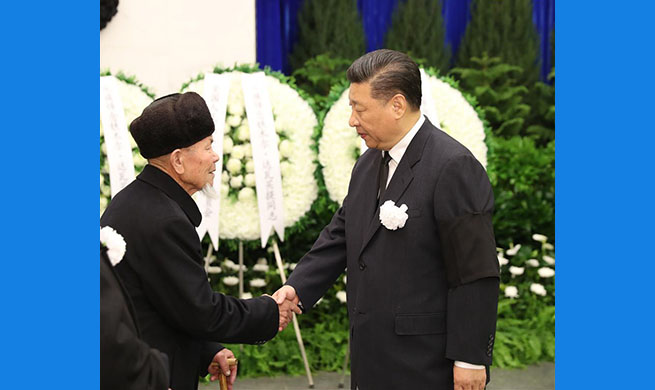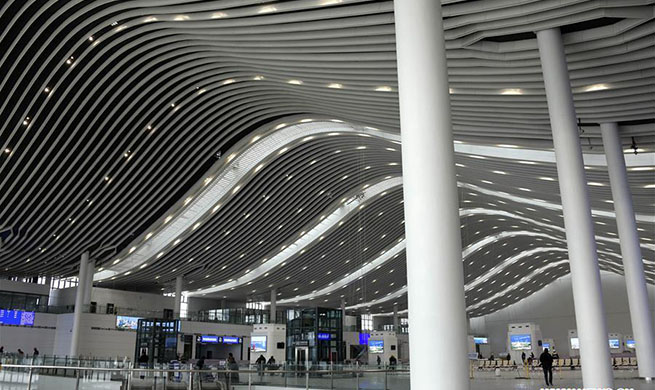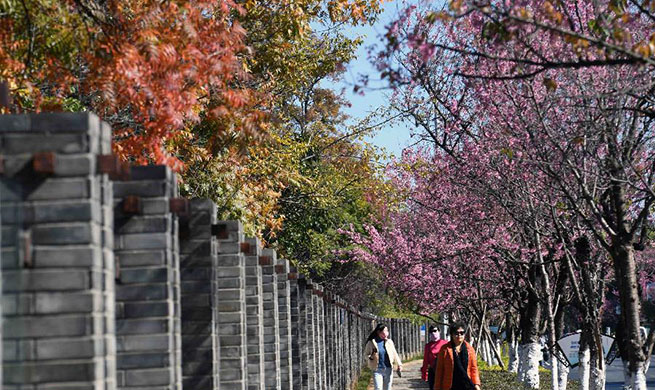UNITED NATIONS, Dec. 21 (Xinhua) -- A UN official on Friday warned of the danger of a new political crisis in Guinea-Bissau over delayed legislative elections.
"Guinea-Bissau risks lurching from one political crisis to another, unless decisive steps are taken by the government to meet the new election date decreed by the president," said UN Assistant Secretary-General for Political Affairs Taye-Brook Zerihoun.
Legislative elections were scheduled for Nov. 18, but have been postponed by technical challenges. President Jose Mario Vaz on Thursday issued a decree, setting March 10, 2019, as the new election date.
The government declared the completion of voter registration on Wednesday after twists and turns as a result of a political wrangle over technical aspects of the voter registration, during which accusations were traded of attempts to rig and deliberately delay the process, Zerihoun told the Security Council.
Such tensions have contributed to an unhealthy pre-electoral atmosphere in the country, he said.
"At this juncture, the international community should consider sending a strong message to the Bissau-Guinean authorities and political actors to demonstrate the requisite political will for the organization of credible legislative elections and refrain from further delaying the process," Zerihoun said.
"The latest results of our combined efforts to assist Bissau-Guinean stakeholders to overcome the political and institutional impasse and launch the country on the path of sustainable peace and development has prompted our guarded optimism," he said, also noting that there are roadblocks during preparations for the legislative elections and the inability of the government to hold the elections on Nov. 18.
The period leading to legislative elections and the presidential poll in later 2019 will be critical and require the continued attention and engagement of the international community, he said. "There is still hope for the country to move forward, and its political leadership can show good faith and meet its national obligations by holding legislative elections on March 10, 2019."
He noted that more than six months after the appointment of a prime minister of consensus and the formation of an inclusive government, the political situation in Guinea-Bissau remains fraught with uncertainty.
The tiny West African country has been in a political crisis since August 2015, when President Mario Vaz deposed Prime Minister Domingos Simoes Pereira, his main political rival. Aristides Gomes was appointed prime minister in April 2018.
Zerihoun also introduced UN Secretary-General Antonio Guterres' special report on the strategic assessment of the UN Integrated Peacebuilding Office in Guinea-Bissau (UNIOGBIS), which proposes a phased reconfiguration and exit.
UNIOGBIS would continue in its current role through mid-2019 to support upcoming elections, followed by the immediate post-electoral period between mid-2019 and end of the year. After that will be the transition and exit period by no later than the end of 2020, said Zerihoun.
The mission, together with its predecessor peacebuilding support office in Guinea-Bissau, has now been in the country for close to two decades, said Zerihoun. "Experience has shown that in the absence of a nationally owned and nationally led reform process, UNIOGBIS alone will not be able to contribute to sustainable peace and development in Guinea-Bissau."
UNIOGBIS was established in 2010. Its predecessor mission was set up in 1999.









